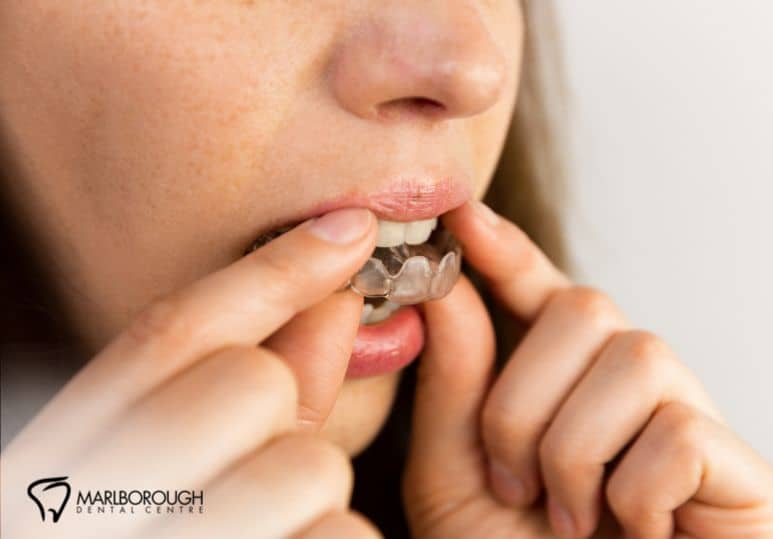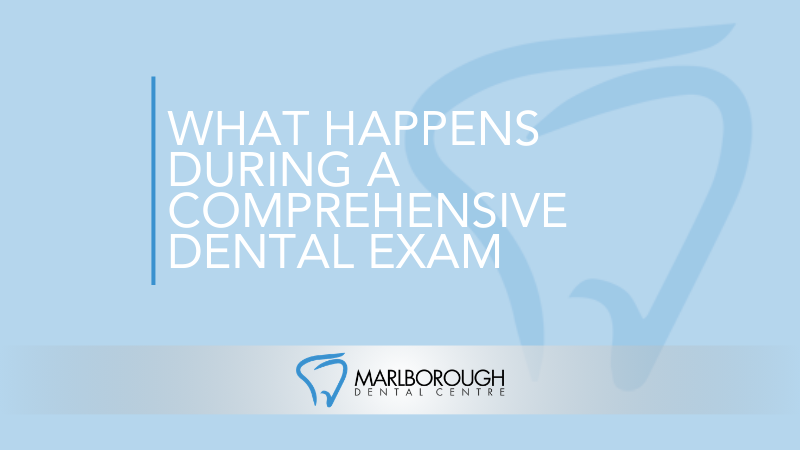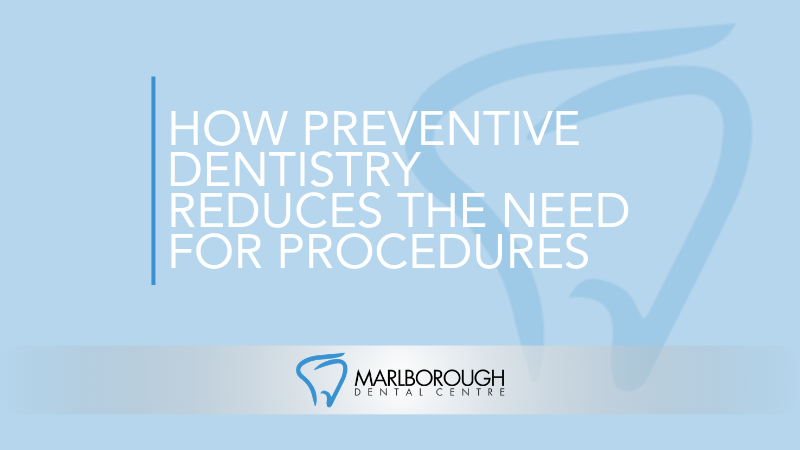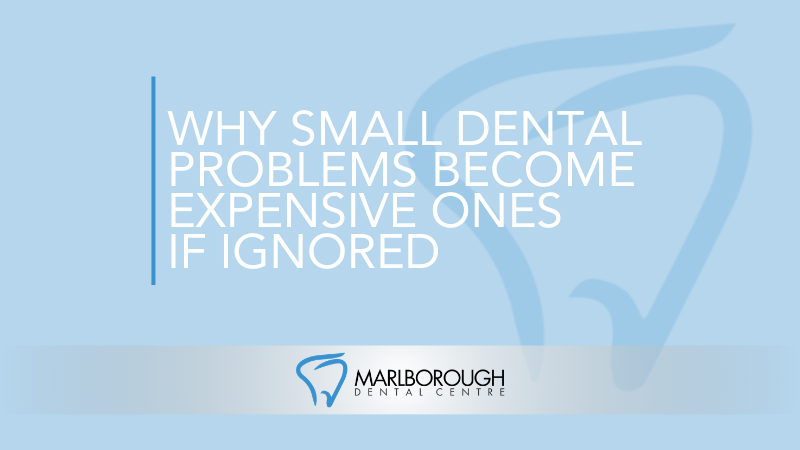Custom Night Guards And Their Effect On TMD
Symptoms of TMD/TMJ
Because the temporomandibular joint connects the jaw to the skull, it can cause symptoms that are related both to jaw pain and head pain, such as:
- Sounds in the joint
- Difficulty moving the jaw
- Jaw Pain
- Headaches
- Neck and shoulder pain
- Jaw muscle stiffness
- Pain, pressure, and ringing in the ears
- Dizziness
- Vision problems
- Misaligned bite
Why Use Custom Night Guards
Custom night guards are most effective in preventing the teeth from grinding at night. By creating a hard resin barrier, the teeth are not able to grind against one another. Unlike other over-the-counter night guards, custom night guards are created to perfectly fit your teeth. This makes the mouth guard more stable, prevents it from falling out at night, and ensures that the mouth guard doesn’t change your bite.
When you have TMD, the type of night guard you have matters. Night guards are often designed to prevent the teeth from grinding together, but TMD is more related to the clenching of the jaw. To stop the jaw from clenching, you need a custom night guard that stops the back teeth from touching one another so that grinding and clenching are impossible.
Custom night guards may also be used to mildly alter your jaw position to relieve TMD pain. By altering your bite at night, pressure may be relieved from the jaw. Doing this risks changing your tooth position and will require regular check-ups with your dentist.
How To Get Custom Night Guards
You need to book an appointment with a dentist to receive a custom night guard. The dentist will take a mold of your mouth to create a night guard that perfectly fits your teeth and stays on all night long. Your dentist will also discuss your TMD with you and will work with you to create the most suitable type of night guard. They will also discuss pain reduction options, other potential treatments for your TMD, and future appointments to track your recovery and to ensure there is no unwanted tooth movement.
Visit A Calgary Dentist For TMD Or TMJ Treatment
If you suffer from TMD/TMJ, Marlborough Dental Centre can create a custom night guard for you. Custom night guards are a simple, easy-to-follow TMJ treatment that helps you correct jaw joint pressure and alleviate any pain and discomfort. If your jaw pain is caused by an issue other than bruxism, such as trauma to the jaw, our highly qualified dentists will examine your condition and find an alternative TMJ treatment through other dental services, such as orthodontics. To schedule an appointment for TMJ dental services, contact Marlborough Dental Centre at 1-403-248-2066 or fill out the online contact form.
FAQ
Q: Can TMD be related to other conditions?
A: TMD can have similar symptoms to oral cancer. If you experience any of the symptoms listed in this article, you should schedule a dental exam to ensure you have TMD and not another condition. TMD is also related to other comorbid conditions, which are conditions that occur together more often than chance could explain, yet scientists don’t know their relationship yet. Comorbid conditions with TMD include all of the following and more:
- Fibromyalgia
- Endometriosis
- Asthma
- Back, neck, and joint pain
- Chronic fatigue syndrome
- Heart disease
- Irritable bowel syndrome (IBS)
- Sjogren’s syndrome
- A variety of sleep disorders
- Tinnitus
- Psychological conditions (ex: depression, anxiety, post-traumatic stress disorder [PTSD], and more)
Even if you have already received TMJ dental services, if you suspect you have other chronic conditions, visit your doctor.
Q: How can I reduce my risk of getting temporomandibular joint disorder?
A: There can be many causes of jaw joint pain, but some ways to reduce pain are:
- Quit smoking
- Don’t use your teeth as tools
- If your jaw is sore, give it a break by eating softer foods
- Don’t grind your teeth or clench your jaw. If you do this while you sleep, you should ask your dentist about a night guard.
Q: Does my dental hygiene affect temporomandibular joint disorder?
A: Typically it’s the other way around: temporomandibular joint disorder affects dental hygiene. Because the temporomandibular joint is not exposed within the mouth, a lack of tooth-brushing won’t make a difference in this case. However, having pain in the joint that allows your jaw to open can discourage people from brushing their teeth or flossing. This will lead to a lot more pain later when you develop cavities or gum disease and have to deal with that ache and the discomfort of sitting in the dentist’s chair for an extended period with your mouth open. If your temporomandibular joint disorder pain is bad enough that you can’t open your mouth for regular dental hygiene, see your dentist right away.




